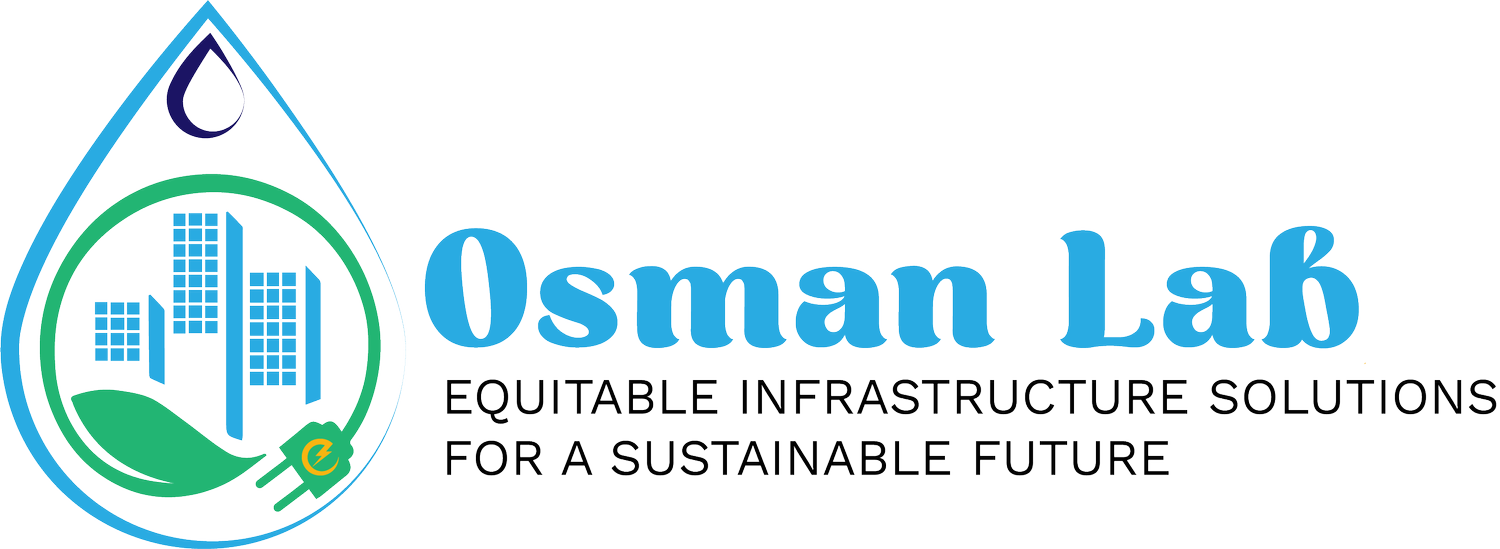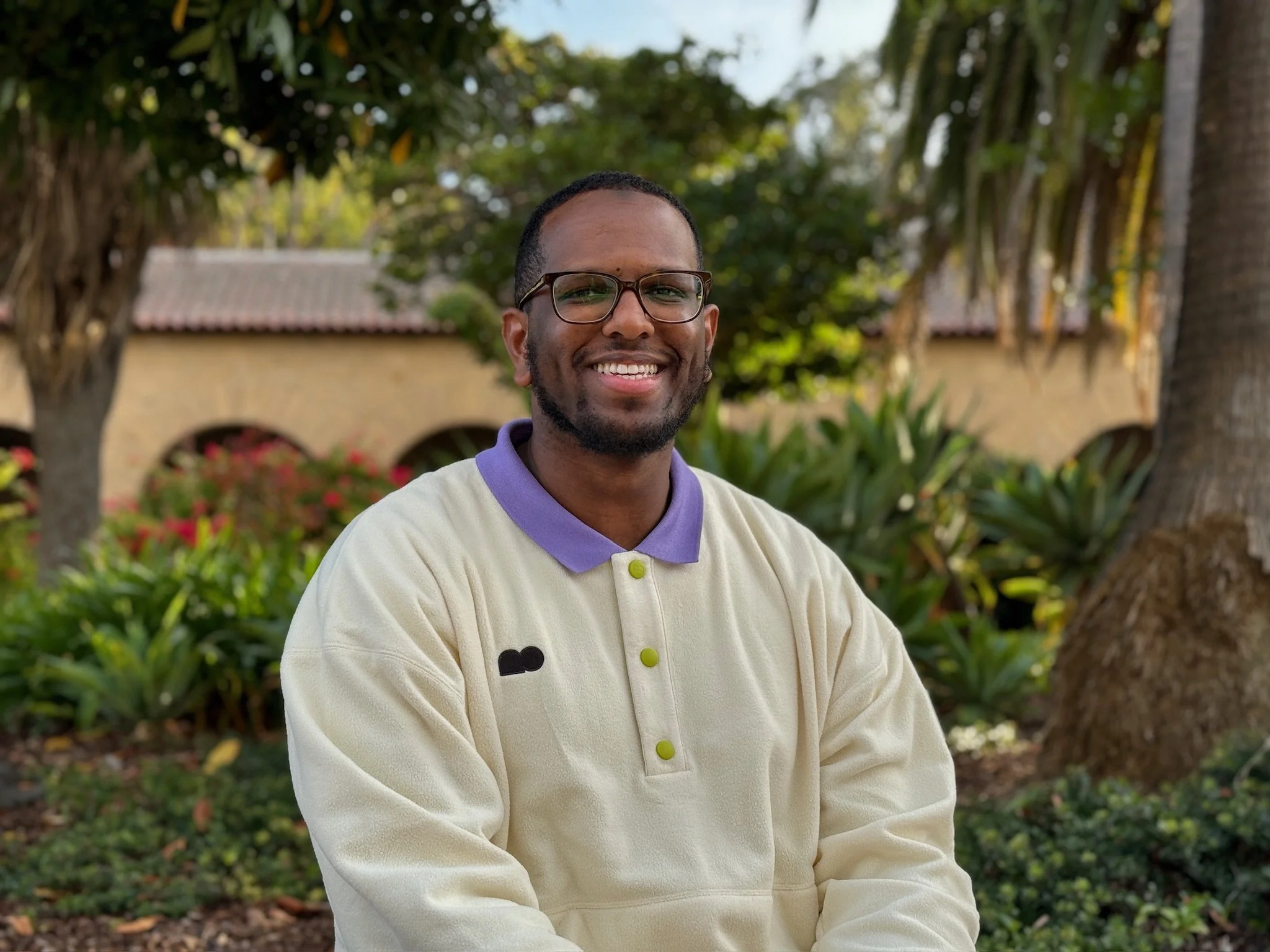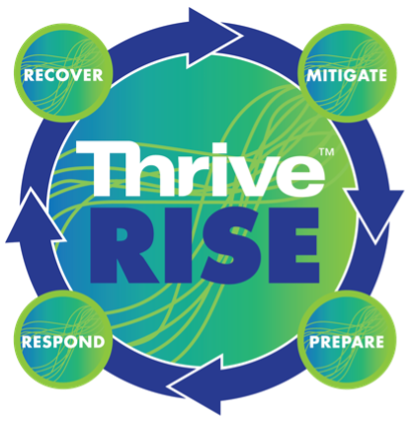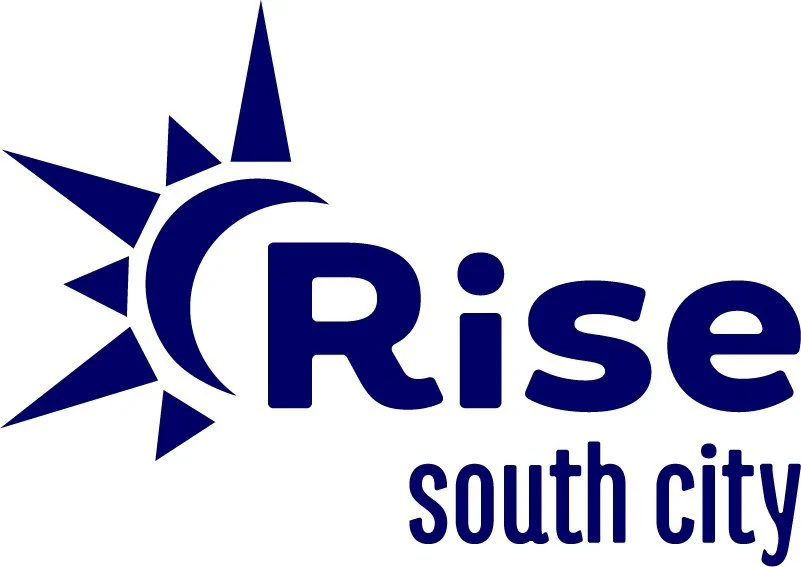Teaching & Mentorship
Dedicated to STEM Excellence through Equity and Diversity

Courses
CEE 241F Frontiers in Shaping the Future of Civil and Environmental Engineering (Spring 2025)
Course Description: This seminar celebrates and amplifies scholars in newly emerging areas of civil and environmental engineering. By bringing distinguished scholars to campus, the series fosters dialogue around innovative research, interdisciplinary approaches, and real-world solutions that address critical challenges in the field. Each session features a keynote presentation by a leading scholar, followed by an interactive Q&A and networking opportunities. Topics: sustainable infrastructure, climate resilience, environmental technology, water resources, urban systems, and more.
CEE 242: Organization Design for Projects and Companies (Spring 2025)
Co-taught with Dr. Andrew Peterman
Course Description: Organizations play a critical role in the success of construction projects and companies, shaping their ability to deliver efficient, equitable, and sustainable outcomes. However, designing organizations for these purposes requires a deep understanding of human behavior, team dynamics, and structural challenges. This course examines the principles of organizational behavior and design, with a specific focus on the unique demands of construction projects and companies. Students will explore how organizational decisions influence project outcomes, innovation, and resilience in a rapidly changing world. Through case studies, computer simulations, and collaborative problem-solving, students will gain hands-on experience in designing organizations tailored to real-world challenges.
CEE 245E: Equitable Infrastructure Solutions (Winter Quarter)
Inaugural 2023 Cohort
Course Description: The built environment enables access to economic and social mobility, however access to such systems is not uniform across communities. This creates infrastructure inequity. Climate change threatens to exacerbate existing inequities in interdependent infrastructure systems such as energy, transportation, air, and water/wastewater to name a few. The engineer of tomorrow must understand the inequities in the system and the policies that produced them in order to develop robust and innovative approaches to design and manage future systems. This course will introduce students to the prominent theories of equity and environmental justice with a focus on implementation for infrastructure. Students will learn the limitations of decontextualized technical engineering solutions and their impacts on society. Upon completion of the course, students will understand how to abstract and develop models that incorporate elements of equity and justice in civil engineering systems. This course is designed to prepare next generation engineers for careers in which they will participate in projects that directly affect historically marginalized communities.
SUSTAIN 101D: Sustainable Innovation for Disaster Resilience (Fall 2023)
Course Description: Disaster Resilience embodies two concepts: adaptation and recovery. As climate change exacerbates the occurrence and intensity of environmental disasters, innovators and decision makers must collaborate to help vulnerable communities and the built environment adapt to and recover from shocks and stresses in a sustainable way without compromising long-term development. This course is tailored to solution-oriented students who are comfortable focusing on wicked problems, and care about the complexity of sustainable and equitable innovation. The course intends to teach students how to lead the design and implementation of products and services that will help real people who are experiencing disaster, with an emphasis on those facing disproportionate effects due to historical contexts.
Partners
Stanford and beyond
Advisory for Airys
Image credits: Airys
Dr. Osman is one of the key advisors for Airys, a company that helps governments identify, apply, and manage financing opportunities for resilient infrastructure projects with data from various federal agencies and generative AI integration.










